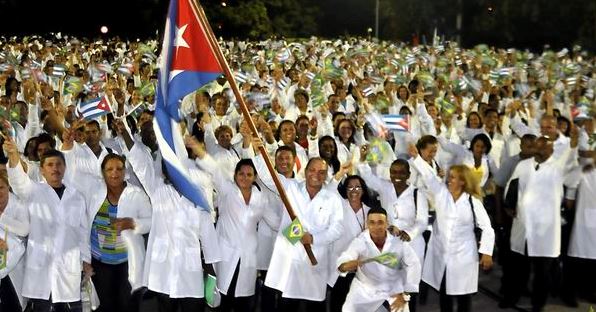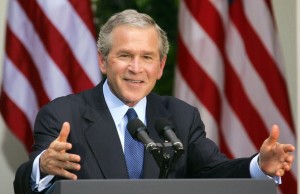
Cuba will monitor the departure of medics to protect health-care services
Cuba’s health authorities will monitor the departure of all health professionals from the island to make sure that no medical post is left unattended, the daily Granma announced Monday (Nov. 30).
In the context of the growing departure of Cuban health specialists to the United States and other countries, “the emigration of Cuban professionals in the health sector constitutes a concern for the country,” an official statement says.
“Specialties as important as anesthesia, general surgery, intensive therapy, cardiology, pediatrics, neurosurgery, nephrology, obstetrics and gynecology, orthopedics and traumatology, and neonatology, among others, have been seriously affected by the unplanned departure of essential medical personnel.”

The statement denounces the Cuban Medical Professional Parole Program established in 2006 by President George W. Bush, “unique of its type in the world, intended to damage the programs of our country’s international medical cooperation and to deprive Cuba and the receptor nations […] of these vital human resources.”
That program “has the perverse objective of promoting the abandonment by the [Cuban doctors] of their missions in other countries, by actively facilitating their emigration,” the statement says.
Private clinics abroad have enticed Cuban health providers “and we have detected networks that are devoted to the selection and funding of the departure of our professionals.”
“Faced with the need to guarantee our people an efficient and quality health service, and to mitigate the negative effects of the United States’ selective and politicized migratory policy toward Cuba, we have decided to apply the regulations established by Decree 306 (Oct. 11, 2012) to the departures abroad by private reasons by medical professionals of various specialties who carry out essential activities in the health services to the population and in scientific-technical activities.”
The authorities remark that “this does not mean that specialized doctors may not travel abroad or live abroad, but rather that we shall analyze the dates of their departure from [Cuba], taking into account the substitution of each professional, so as to ensure an orderly staffing that guarantees the accessibility, quality, continuity and stability of the health-service activities.”
The regulation will take effect next Monday (Dec. 7), the statement says.
Health professionals who have already left the country, “either for economic, family or professional interests, including those who have fallen victim to deceitful policies that led them to abandon their missions and their homeland, may reincorporate themselves to the Cuban health system, if they so wish, and will be guaranteed jobs similar to the ones they held in the past.”
The statement ends by repeating that “the government of the Republic of Cuba demands once again the elimination of the ‘dry-feet-wet-feet’ policy, the Cuban Medical Professional Parole Program, and the Cuban Adjustment Act, which are the root cause for the illegal emigration, the trafficking in emigrants and the irregular ingress to the United States by Cuban citizens who travel legally abroad, in violation of the letter and the spirit of the migratory accords signed by both countries.”
“This would be consistent with the present bilateral context, would foster the national interests of both parties, and would contribute to normalize the migratory relations between Cuba and the United States.”
[Photo at top of Cuban health professionals leaving Havana on a mission to Brazil in 2013.]


